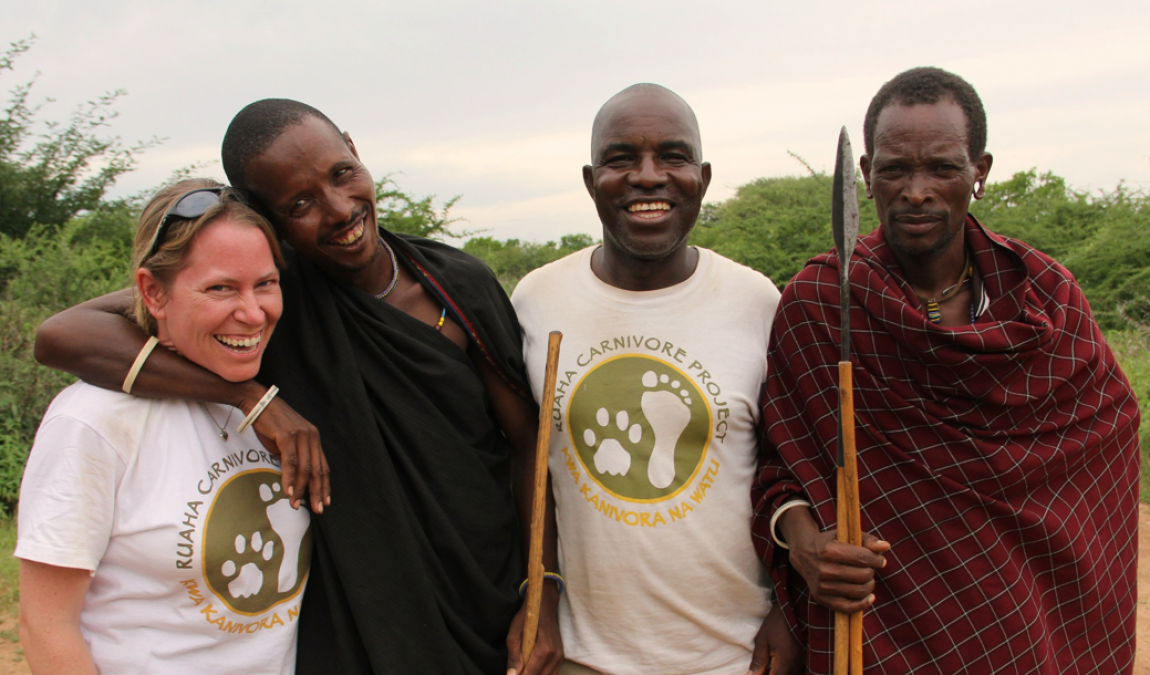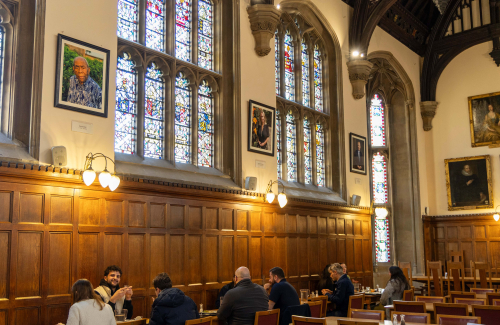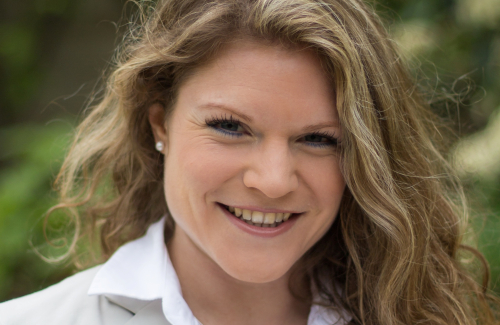More Pembroke news
Dr Amy Dickman awarded Professorship at the University of Oxford’s 2021 Recognitions of Distinction Awards
NEWS |
Kaplan Senior Research Fellow in Wild Field Conservation, Dr Amy Dickman, was recently made a Professor at the University of Oxford’s 2021 Recognition of Distinction Awards. The Recognition of Distinction Scheme is a yearly exercise which confers the title of full professor at the University of Oxford. Dr Dickman is now a Professor of Wildlife Conservation.
Professor Dickman has been a member of the Pembroke College community since 2009, acting as a College advisor, attending College events involving our biology and ecology communities and inspiring our graduate and undergraduate students with her work. In 2009, she established the Ruaha Carnivore Project (RCP) in southern Tanzania, which is one of the most important areas in the world for lions, leopards, and cheetahs. This project, which has recently merged with Lion Landscapes, has had an amazing impact in lowering livestock and lion killings in the area: livestock attacks have been reduced by over 60% in the core study area and lion killings have been reduced by over 80% as wildlife is now recognised a key driver of local development. Lion Landscapes is now made up of 100 team members, working in across four key landscapes in three countries, and is jointly led by Professor Dickman and Dr Alayne Cotterill.
Pembroke College Master, the Rt Hon Sir Ernest Ryder, said: “We are very grateful for the contributions that Profesor Dickman makes to the College community alongside her research, and for the model that she continues to set for our undergraduate and graduate students alike. On behalf of the whole College, we offer her our warmest congratulations.”
Prof Dickman commented: “This is a huge honour, and one I genuinely did not expect to receive. I am so thankful to everyone who has helped me in my career, including the wonderful support I have received from Pembroke. I am so proud to me a member of this College and look forward to many more years working as part of this great community.”


